Salad Croutons
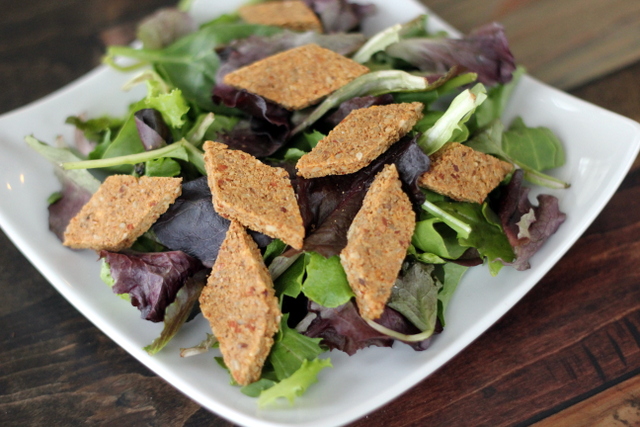
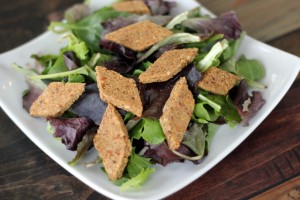
Salad Croutons
Ingredients
CROUTONS:
- 1 cup sunflower seeds kernels, raw
- 2/3 cup Slivered almonds
- 1/4 cup almond flour
- 1/4 cup Sesame seeds
- 1 teaspoon Redmond Real salt
- 1 large egg
GARLIC HERB SPICE VERSION:
- 1 teaspoon garlic powder
- 1/2 teaspoon crushed red pepper flakes
- 1 teaspoon paprika
- 1 teaspoon Italian seasoning
SWEET COCONUT CINNAMON VERSION:
- 3 tablespoons Natural Sweetener
- 2 tablespoons unsweetened coconut flakes
- 1 teaspoon ground cinnamon
- 1 teaspoon ground nutmeg
- 1/4 teaspoon ground cloves optional
Instructions
- Preheat oven to 300°. In a shallow baking pan, toss the nuts, seeds, almond flour and salt with the egg.
- Add in your desired spice version.
- Once you add in your spice, spread the mixture as thin as possible onto your prepared baking sheet (I wet my hands and use my fingers to spread it). If you want a deeper flavor, you can sprinkle on additional spices or sweetener.
- Bake for 15 minutes.
- Remove from oven. Break up the pieces with a spatula, flip and bake for an additional 5 minutes. Allow to cool.
Notes
Nutrition
Testimony of the Day
“Hi Maria!! I need to tell you Thank You!! I wanted to let you know 2013 has been the best year of my life. I am so happy I found your blog, and signed up for a consult. I’m down over 60 pounds, and off all but 1 prescription medication!!! I was taking over 600 pills a month, prescription and non-prescription. I had headaches everyday, had no energy, severe acid reflux and had severe IBS. For the first time in my life I feel amazing!!! My body is changing, and it feels great. I used to be a carb loader, now I have turned my body into a fat burner thanks to you!! You have given me back my health, which I am forever grateful!!!! -Tanya



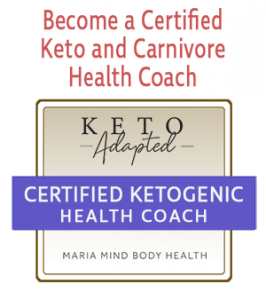

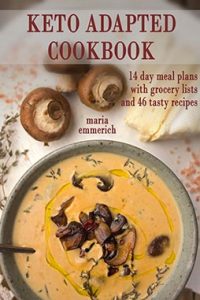

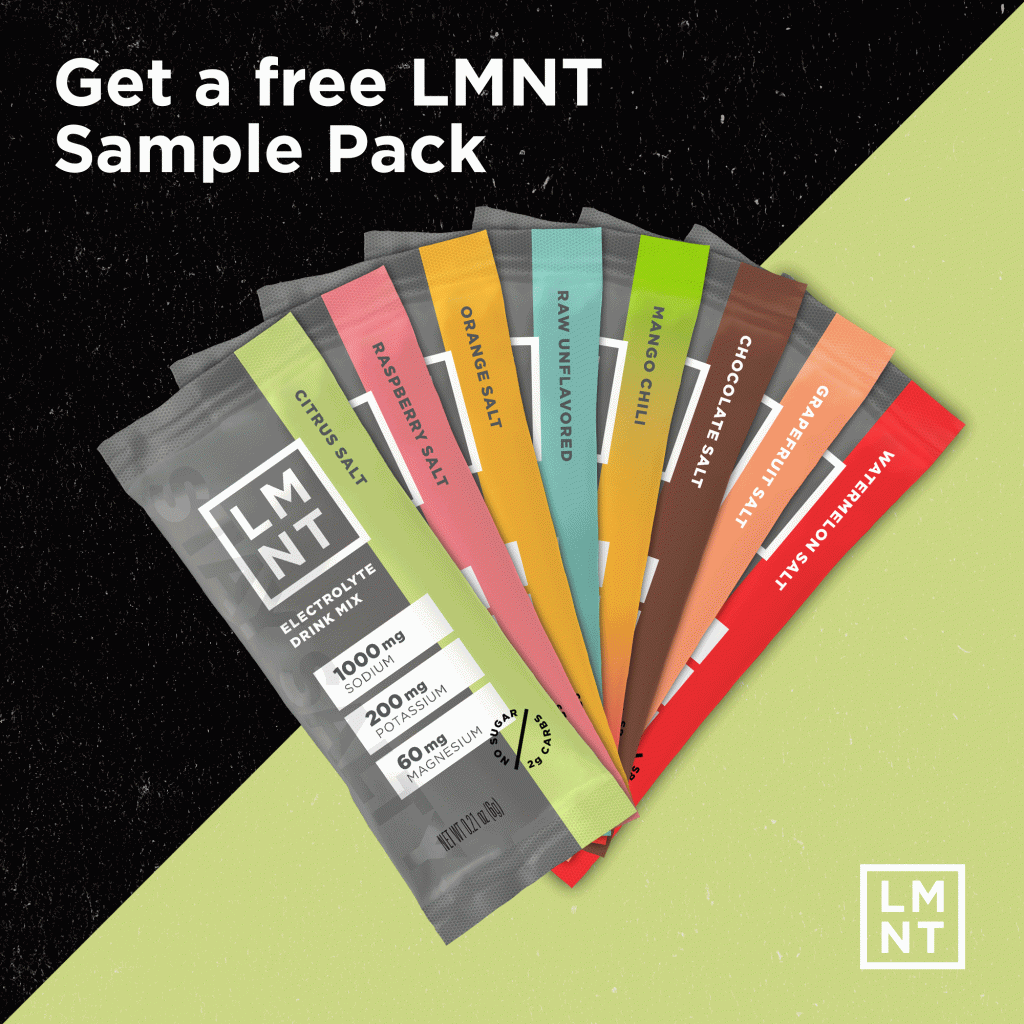
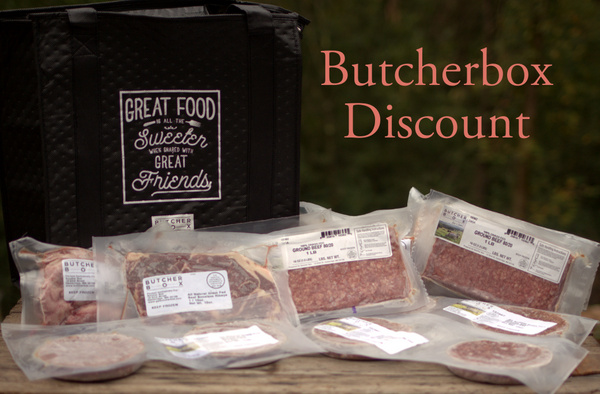


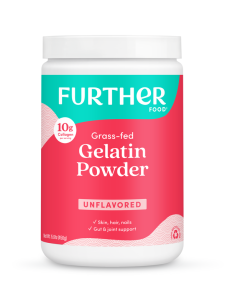

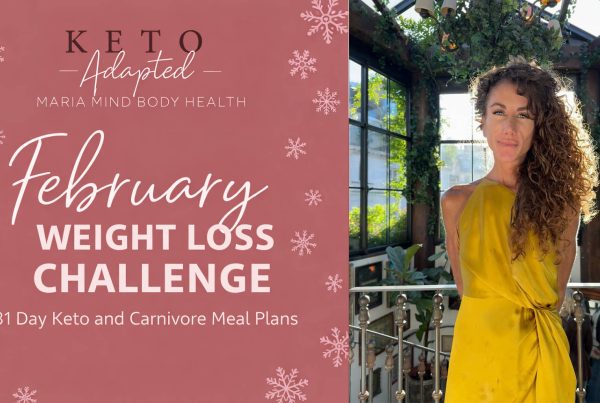

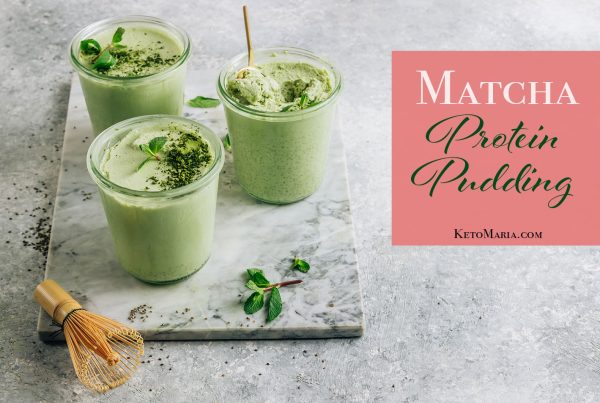
for starters i read your blog everyday and love it. now my question, you where talking about soybeans. so is it not healthy or safe to eat edamame? cause i love that stuff.
Kapu, I have the same question. Is soy, in it’s natural state ok – like soy beans?
Here is a summary of soy’s most glaring problems.
1. 91 percent of soy grown in the US is genetically modified (GM). The genetic modification is done to impart resistance to the toxic herbicide Roundup. While this is meant to increase farming efficiency and provide you with less expensive soy, the downside is that your soy is loaded with this toxic pesticide. The plants also contain genes from bacteria that produce a protein that has never been part of the human food supply. GM soy has been linked to an increase in allergies. Disturbingly, the only published human feeding study on GM foods ever conducted verified that the gene inserted into GM soy transfers into the DNA of our gut bacteria and continues to function. This means that years after you stop eating GM soy, you may still have a potentially allergenic protein continuously being produced in your intestines.
Even more frightening is the potential for GM soy to cause infertility in future generations, which has been evidenced by recent Russian research.
2. Soy contains natural toxins known as “anti-nutrients.”
Soy foods contain anti-nutritional factors such as saponins, soyatoxin, phytates, protease inhibitors, oxalates, goitrogens and estrogens. Some of these factors interfere with the enzymes you need to digest protein. While a small amount of anti-nutrients would not likely cause a problem, the amount of soy that many Americans are now eating is extremely high.
3. Soy contains hemagglutinin. Hemagglutinin is a clot-promoting substance that causes your red blood cells to clump together. These clumped cells are unable to properly absorb and distribute oxygen to your tissues.
4. Soy contains goitrogens. Goitrogens are substances that block the synthesis of thyroid hormones and interfere with iodine metabolism, thereby interfering with your thyroid function.
5. Soy contains phytates. Phytates (phytic acid) bind to metal ions, preventing the absorption of certain minerals, including calcium, magnesium, iron, and zinc — all of which are co-factors for optimal biochemistry in your body. This is particularly problematic for vegetarians, because eating meat reduces the mineral-blocking effects of these phytates (so it is helpful—if you do eat soy—to also eat meat).
6. Soy is loaded with the isoflavones genistein and daidzein. Isoflavones are a type of phytoestrogen, which is a plant compound resembling human estrogen. These compounds mimic and sometimes block the hormone estrogen, and have been found to have adverse effects on various human tissues. Soy phytoestrogens are known to disrupt endocrine function, may cause infertility, and may promote breast cancer in women.
Drinking even two glasses of soymilk daily for one month provides enough of these compounds to alter your menstrual cycle. Although the FDA regulates estrogen-containing products, no warnings exist on soy.
7. Soy has toxic levels of aluminum and manganese. Soybeans are processed (by acid washing) in aluminum tanks, which can leach high levels of aluminum into the final soy product. Soy formula has up to 80 times higher manganese than is found in human breast milk.
8. Soy infant formula puts your baby’s health at risk. Nearly 20 percent of U.S. infants are now fed soy formula, but the estrogens in soy can irreversibly harm your baby’s sexual development and reproductive health. Infants fed soy formula take in an estimated five birth control pills’ worth of estrogen every day.
Infants fed soy formula have up to 20,000 times the amount of estrogen in circulation as those fed other formulas!
Maria, I have sent people to this comment page where you talk about soy.
I feel absolutely mortified about babies being fed soy milk. 🙁 So sad. What a lie. It seems it is all about money for these companies.
I made the salad toppers (garlic cracker) from Savory book. There are a couple of things to mention. The fact that to get them like the picture, the the dry mixture needs to be ground in food processor before adding the egg (I used 2 eggs). I had to grease the cookie sheet. And the nutrition information is difficult to determine per serving size (1 TBSP size cracker), no protein? How many crackers per serving. I think next time, I am going to try parchment paper under them so it will make turning them easier. These are fabulous crackers! I’ve made them twice now using garlic and herbs, and have them at work for those moments.